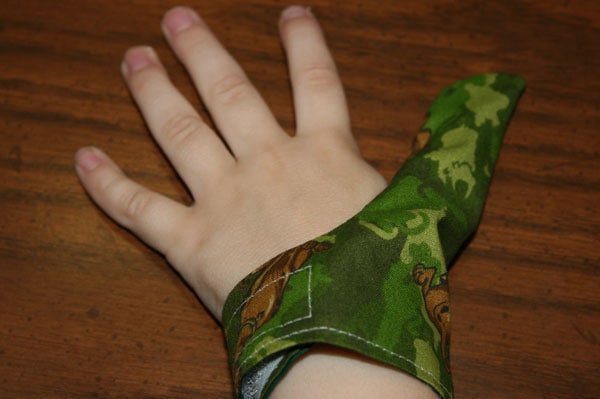Many young children suckle with their thumbs or pacifiers for comfort. This is a natural reflex for babies and toddlers to help them feel comfortable and safe. They usually suck their thumbs when they are tired or cranky to cool off. Even so, many parents worry that this bad habit will affect their child's teeth.
The truth is that prolonged thumb suction can lead to improper growth and development of permanent teeth. Luckily, this isn't a one-night stand. To get rid of this habit, you can buy thumb sucking guard via https://www.amazon.co.uk/Age-2-7-Stop-Thumb-Sucking/dp/B00VQU2DZS.

Image Source: Google
Most parents have enough time to help their children stop thumb sucking before it becomes a serious dental problem.
During the first few months, the baby may develop a harmless sucking habit at this early stage. But how long is that too long? Many children will eventually break this habit on their own between the ages of 2 and 4.
For most children, this habit has long since disappeared, but some children find it difficult to let go of the habit. Under normal circumstances, the upper teeth should touch the lower teeth and stop moving.
As you can imagine, moving permanent teeth becomes difficult if the permanent pacifier or thumb moves. So when permanent teeth come out, it's time to step in.
CONSIDER ACTION WHEN:
- Your child sucks their thumb aggressively after 4 or 5 years
- Permanent teeth begin to grow and the habit continues
- There are problems with teeth
- Your child will be embarrassed if they suck his thumb
